Published and translated by Winter – Dávila & Associés
Paris, on november 04 2021.

Author: David Winter
Lawyer in France and Spain, graduated from the Université Paris 1 Panthéon – Sorbonne (France). David has been a member of the Paris Bar Association since 2012 and of the Madrid Bar Association since 2018. He has the distinction of being a founding partner of Cabinet Montmartre, a prestigious law firm in Paris.
In addition, thanks to his experience in representing companies and individuals, David has been accepted to become a member of the Association of Lawyers Representing Sportsmen and Women (“A.D.A.M.S.” in French), whose insertion helped him to be included in the list of Lawyers Representing Sportsmen and Women of the Paris Bar
📍Versions of the article available in other languages:
🇪🇸 Versión en Español
🇫🇷 Version Française
Would you like legal advice on sports law? Do not hesitate to contact us!
In France, as in most countries, the resolution of sporting disputes is not a matter for the State alone. As we will see in this article, sports justice in France can also be provided by bodies established within the sports movement and sometimes the parties are even free to resolve their disputes through private justice, more specifically through mediation or arbitration.
As far as the intervention of the public courts is concerned, this is usually preceded by a preliminary stage involving the justice bodies of the respective sports federations, in that sense, as is to be expected, the ordinary French justice system is not always adapted to the concerns and needs of the parties in dispute.
In this sense, different legal mechanisms can be applied to a given case to resolve the dispute, which is undoubtedly a first particularity of French sports justice.
However, it should be noted that, in any resolution of a sports dispute in which the ordinary courts intervene, the judge who will hear the dispute is only limited to determining whether the decision taken by a body belonging to the sports justice system has ruled in an abusive or illegal manner, but not on the merits.
Therefore, in order to understand how sports justice works in France, it is necessary to review the federal justice system, which is regulated by law, the possible intervention of the administrative or civil judge, arbitration and finally the compulsory prior conciliation procedure before the French National Olympic and Sports Committee (CNOSF):
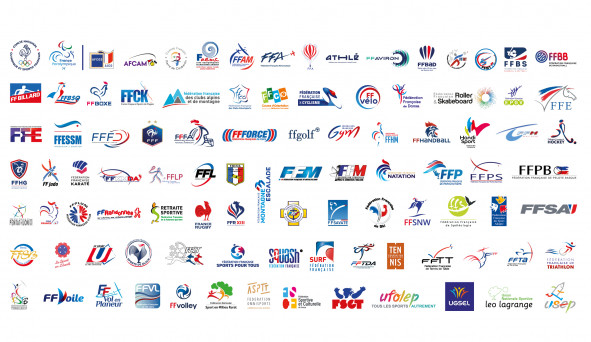
Logo of the CNOSF and the French sports federations. Photo: https://randonneursducheran.com/
1- The administration of Sports Justice in the Federations
To begin with, it should be pointed out that, in France, by delegation of the State, each sporting discipline is organised by a federation to which the athletes and/or clubs belong. Each federation must also take the legal form of an association governed by the law of 1 July 1901.
In the same vein, it should be recalled that sports federations are private entities that generally belong to, or are affiliated with, international associations and/or federations, which in most cases are located in the Swiss Confederation, such as the Fédération Internationale de Football Association (FIFA), the Fédération Internationale de Basketball (FIBA), etc.
In turn, these international federations usually belong to the International Olympic Committee (IOC), another private body also located in Switzerland.
However, as noted above, although the entire sports system could be perceived as entirely private, the national federations act legitimately in France, through a delegation of a public service mission, which even entitles them, in some cases, to receive state subsidies.
However, the disputes brought before the French federations are usually disputes arising from the application of sporting regulations, the functioning of the federation or access to a competition.
The organisation and functioning of the federations is also detailed in the Sports Code (Code du Sport), which stipulates in a very concise manner the functioning of the federations’ justice system, and there is even a model of disciplinary regulations that the federations are obliged to include in their statutes or by-laws.
In this sense, in the administration of justice in sports federations, a distinction is usually made:
– Disciplinary disputes: violations of the statutes and federal regulations by actors in the world of sport which result in the imposition of sanctions.
In this context, it should be noted that these sanctions are based, on the one hand, on the fact that any association governed by the aforementioned law of 1901 has disciplinary power over its members, and, on the other hand, on its capacity as organiser of competitions, thanks to the aforementioned public delegation.
Finally, disciplinary measures are intended to sanction infringements of the rules, whether technical and playing or institutional (e.g.: administration of the federation, statutes, competitors, sporting ethics, approval of teams, etc.).
– Non-disciplinary disputes: These are the most numerous and relate to the qualification of athletes, the approval of results, access to competitions, the selection of players, as well as the approval of employment contracts or decisions concerning the budgetary situation and finances of the club.
In addition, many federations act as mediators or conciliators in disputes that may arise between clubs or between clubs and players, coaches, even for employment contracts, while litigation in this area remains the exclusive competence of the labour courts.
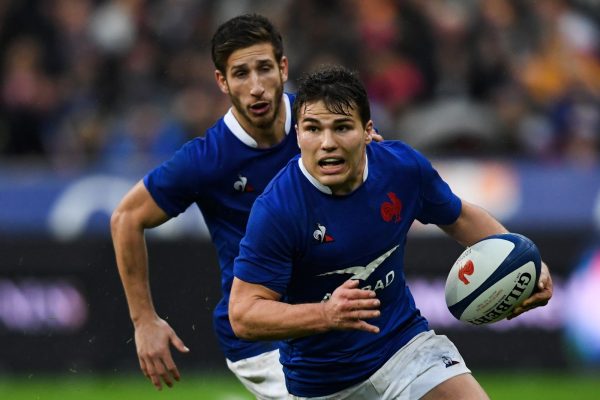
Photo: https://www.rtl.fr/
But how is the competence between national and international federations articulated?
Well, the national federations have essentially geographical, or territorial, jurisdiction, on the grounds that they have the status of organisers of national sporting competitions and are also entrusted by the international federations with supervising international competitions in France.
They also have extraterritorial jurisdiction, since they retain disciplinary powers over their members even for acts committed abroad. Finally, the international federations may also intervene in the context of national disciplinary proceedings in the event of a serious violation of the rules of the international federation, or in the event of appeals on disputes decided at first instance by a national federation.
2- The administration of Sport Justice in the State Jurisdiction.
Given the variety and multiplicity of sporting disputes, there are different state jurisdictions, both administrative and judicial, which may have jurisdiction to deal with such disputes.
– Administrative law procedures
Firstly, there are the clubs and federations which for all legal purposes are subjects of private law, while on the other hand we have the federations with delegation which are also subjects of private law, but with a public service mission and, therefore, their disputes may be of private law or administrative law, depending on the nature of their decisions.
In the case of administrative law disputes, on pain of inadmissibility, appeals to the administrative judge must be preceded by the compulsory conciliation procedure before the French National Olympic and Sports Committee (CNOSF) or in any case, where this is not applicable, by the exhaustion of internal appeals.
As far as territorial jurisdiction is concerned, the dispute is assigned to the administrative court in whose jurisdiction the headquarters of the sports federation is located. In practice, as many sports federations have their headquarters in Paris, it is before the Paris Administrative Court.
Appeals before administrative courts are not suspensive and are lengthy. It is true that the summary suspension procedure allows the judge to suspend the execution of an administrative decision, but it is still necessary to demonstrate that the urgency justifies it and that there is serious doubt about the legality of the contested decision.

Paris Administrative Court. Photo: http://paris.tribunal-administratif.fr/
– Proceedings before the courts
Whether it is labour law, criminal law or civil or commercial law, the judicial judge has a broad competence to hear proceedings that have a link to sport.
Labour law
The Labour Courts (Conseil de Prud’hommes) are competent to decide disputes relating to the conclusion, execution and enforcement of the termination of employment contracts of employees in the world of sport (referees, coaches, players, educators, managers, athletes, etc.).
Criminal law
The most common criminal offences are endangering the lives of others, intentional or unintentional violence, and intentional assault and battery. Security breaches by organisers of sports competitions are also recurrent. Finally, offences related to doping products (other than simple consumption as it is not a criminal offence) are regularly prosecuted.
Civil or commercial law
Civil litigation in the world of sport is essentially related to insurance, liability claims, claims for damages, contracts, actions for nullity of a contract, club decisions (membership, violation of statutes or internal rules) or private organisers of sporting competitions.
3- The administration of Sports Justice in Arbitration Courts
Since December 2020, the new rules of the Arbitration Chamber of Sport (Chambre Arbitral du Sport) of the CNOSF, undoubtedly inspired by the Court of Arbitration for Sport (CAS) of Switzerland, came into force.
The mission of the Chamber is to settle disputes and differences arising from sport or sport-related activities, which are submitted to it by the parties.
However, not many cases have reached the Arbitration Chamber of Sport to date, as the parties must agree to submit to its jurisdiction.
Thus, as is the case in many countries that are part of the sporting movement, most arbitration proceedings that have any connection with French sport are ultimately resolved by the CAS, as a result of the arbitration clauses that are found in most of the regulations or statutes of the various federations.
If you liked this topic, we invite you to share the article, comment on it and also to visit the rest of publications in the social networks and platforms of Winter – Dávila et Associés
If you would like legal advice do not hesitate to contact us! (email: contact@wdassocies.com)
Original language of the article: French
Original language of the article: French
This article was published and translated by Winter – Dávila & Associés, an international law firm based in Paris, in France, represented by lawyers specialized in sports law, corporate law, arbitration and representation.


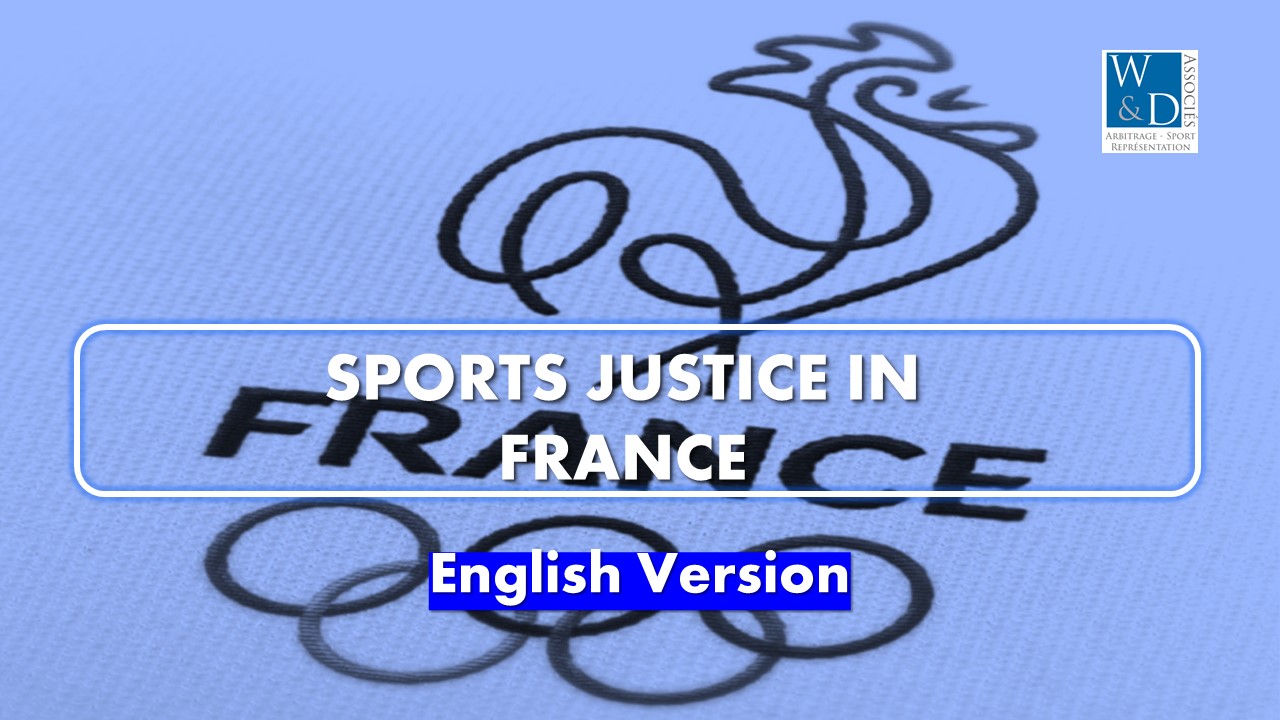
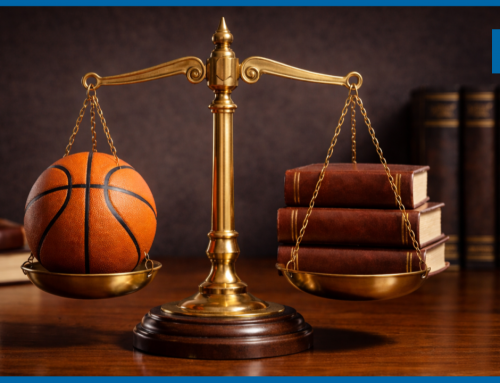
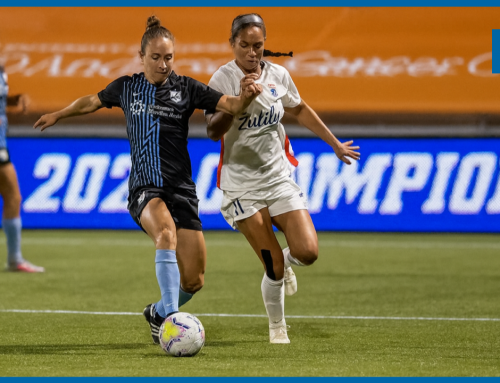



Leave A Comment